Moderator: Klara Fischer (Swedish University of Agricultural Sciences, SLU).
Presenters:
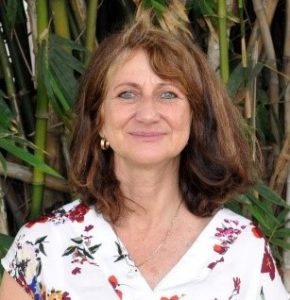
Professor Sheona Shackleton (the African Climate and Development Initiative, the University of Cape Town) has worked at the interface between rural development, livelihoods and natural resource use and management for the past 35 years. Her research has covered aspects of community conservation, rural livelihoods and vulnerability, ecosystem services and human well-being, forest product use and commercialisation and climate change adaptation. She has a strong interest in transdisciplinary research.
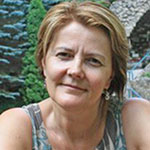
Ildikó Asztalos Morell (Dept. of Urban and Rural Development, SLU) has interest in the study of transition societies with focus on rural transformation during state socialism and post socialism, intersectional aspects of rural marginalisation and poverty, Romani studies, migration and comparative gender research. She has published close to fifty articles and book chapters and has been the co-editor of several volumes.
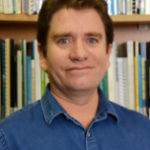
David Neves is a Research Associate and PhD candidate at the Institute for Poverty, Land and Agrarian Studies (PLAAS) at the University of the Western Cape, in South Africa.

Flora Hajdu (Dept. of Urban and Rural Development, SLU) has conducted research on various aspects of rural livelihoods in in Eastern Cape for the past two decades, including projects on agricultural development, tourism development, changing livelihood portfolios and the effects of social grants. Flora’s long ethnographic presence in the two villages gives her unique insights into what drives livelihood change and de-agrarianisation.
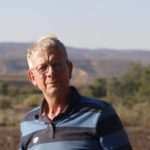
Paul Hebinck is a rural sociologist with experience in land and land related issues, land and agrarian reform, agriculture, rural development, rural livelihoods, re-agrarianisation and re-peasantisation and rural development. He carries out fieldwork for over 35 years in Luoland, West Kenya; Eastern Cape, South Africa; North East Zimbabwe; and more recently in Northern Namibia. He is an emeritus associate professor at Wageningen University and adjunct Professor at University of Fort Hare.
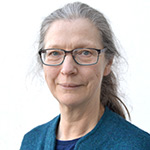
Cecilia Waldenström (Dept. of Urban and Rural Development, SLU) has a background in agronomy and in the social sciences, especially education and rural sociology. My research has mainly been in agricultural extension and rural development in Sweden, predominantly as local development in sparsely populated areas, exploring learning processes, innovation and preconditions for the construction of knowledge. Partly, my research has been on agrarian change viewed from the perspective of farming households.
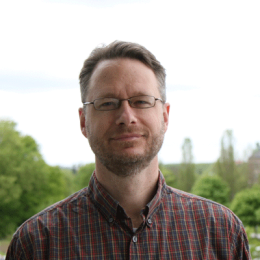
Brian Kuns (Dept. of Urban and Rural Development, SLU) has researcher interest in the processes of deagrarianisation, large-scale land acquisitions, irrigation in post-communist countries.
Programme
13:00-13:10 Introduction and Welcome- Klara Fischer
13:10-13:15 David Neves
13:15-13:20 Flora Hajdu
13:20-13:25 Paul Hebinck
13:25-13:30 Sheona Shackleton
13:30-14:00 Questions on the first four presentations
10 minutes break
14:10-14:15 Cecilia Waldenström
14:15-14:20 Ildikó Asztalos Morell
14:20-14:25 Brian Kuns
14:25-14:45 Questions to the three last presenters
10 minutes break
14:55-15:30 Panel discussion- similarities and differences across contexts
15:30-15:40 wrap up and goodbye